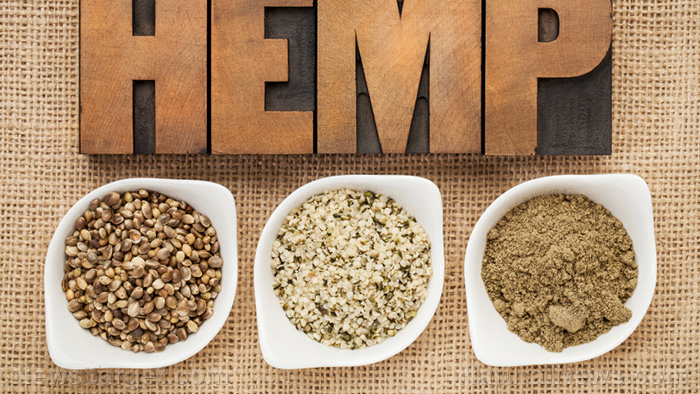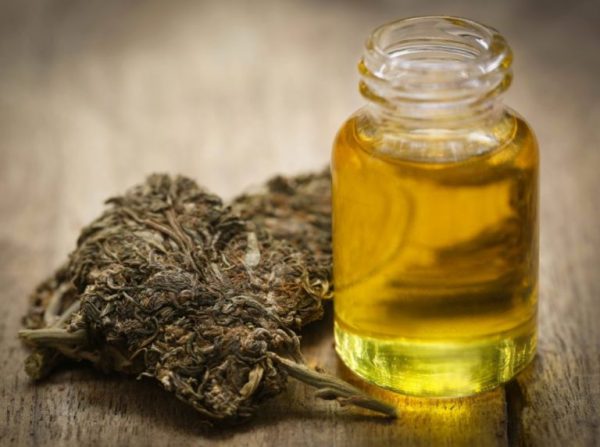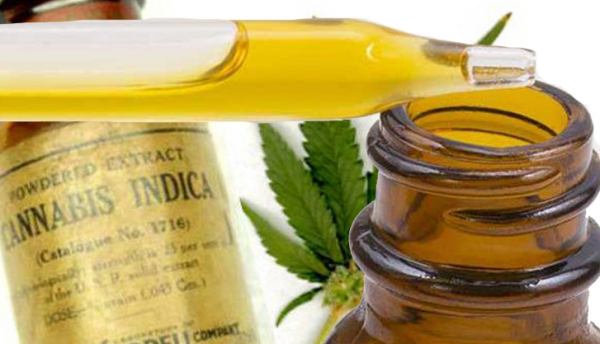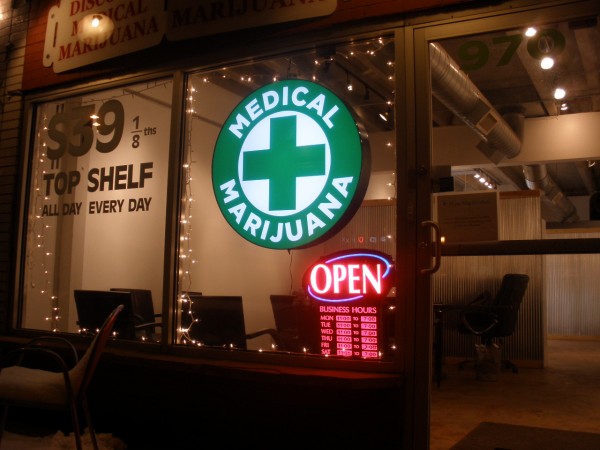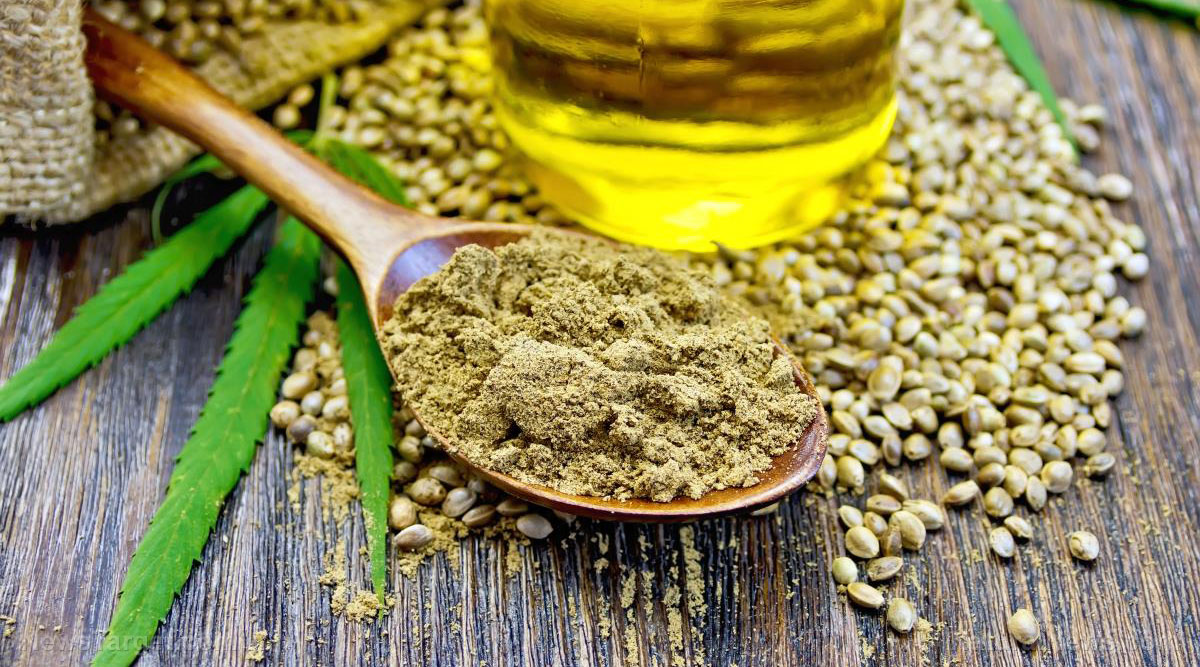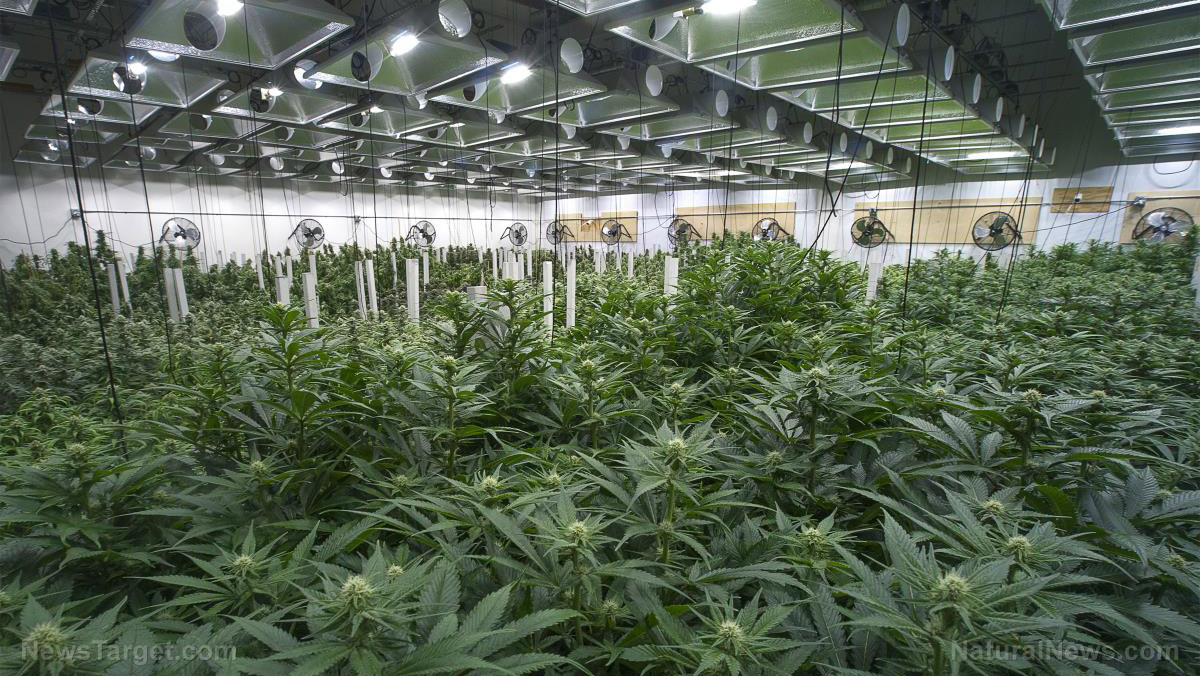Hemp hopes sprout
10/24/2016 / By hempscience
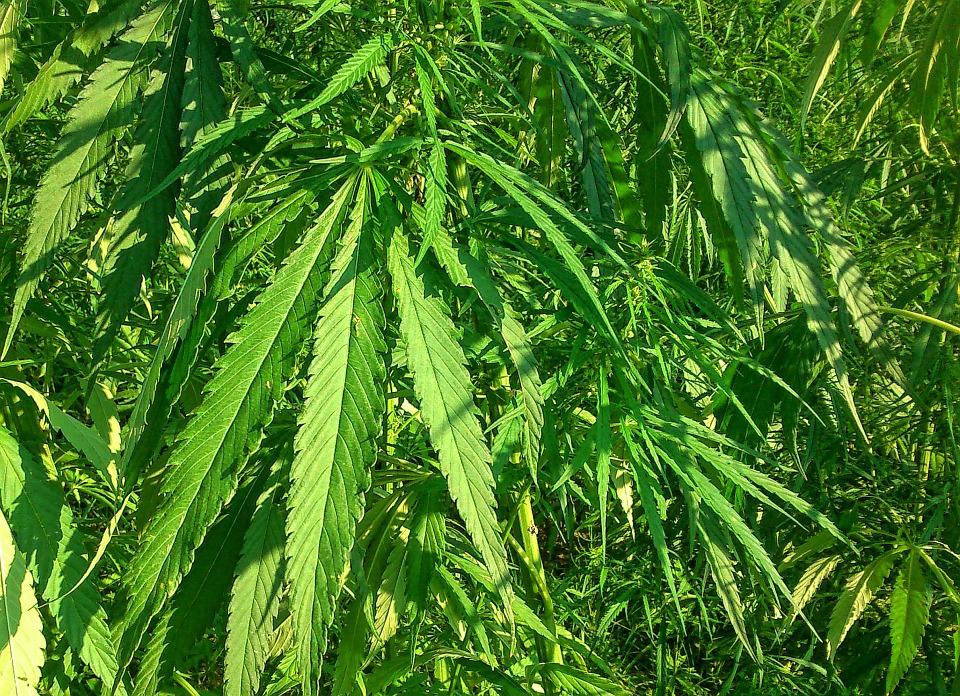
A NORTH Queensland company has been established with the aim of growing medical cannabis in high security, “vault-like” laboratory conditions on the Atherton Tableland.
Article by John Andersen
The company has already been licensed to grow fibre-producing industrial hemp and is trialling different varieties on land between Atherton and Mareeba in order to find a plant suited to inland North Queensland’s dry, hot conditions.
The Federal Government passed legislation in February that allows for the cultivation of medical cannabis under strictly controlled conditions.
Final amendments focusing on guidelines and controls have yet to be made, but are expected to be announced at the end of this month.
Member for Leichhardt Warren Entsch has been campaigning for several years to have the cultivation of medical cannabis legalised.
Mr Entsch said medical cannabis had the potential to be a multi-billion-dollar industry for Australian farmers in the long term.
He said yesterday that people interested in growing the plants should be able to make applications as early as next month.
It was conceivable the growing of medical cannabis could start as early as next year, he said.
Tableland-based CEO of agrimedical research organisation Trimpex International Pty Ltd Shane Garozzo said his company had already made contact with State and Federal government departments and was planning the construction of a specialised growing facility near Atherton. Trimpex International was incorporated on May 25 this year and on October 10 became a registered Australian Private Company with an office in Mareeba.
Mr Garozzo said his company was already cultivating the fibre producing industrial hemp as part of trial work on its farm near Atherton.
This industrial hemp, often called Indian hemp, is a hybrid blend of cannabis sativa and cannabis indica. It has low levels of tetrahydro-cannabinol which is the chemical that gives recreational marijuana smokers their ‘high’.
The low levels of THC in the industrial plant render it valueless to the illicit drug trade. He said the fibre and seeds from the plants could be used in the manufacture of oils, stock feed and clothing.
A recent report compiled by the New South Wales Department of Primary Industry states that industrial hemp is gaining momentum worldwide as demand for natural fibres increases. The report notes the growing consumer demand for products that are ethically produced, natural and environmentally friendly. The report also notes that for economies of scale industrial hemp needs to be grown in broadacre applications, the same as sugarcane, sorghum and cotton.
Mr Garozzo said his company had 20,000ha of farmland in North and southern Queensland earmarked for broadacre production of industrial hemp. He said the potential for the plant into the 21st century was “enormous”.
He said industrial cannabis varieties that flourished in southern and Central Queensland were readily available, but added that strains suited to cultivation in the Dry Tropics had still to be identified.
He said his company was now in the process of identifying a variety of industrial hemp that would readily adapt to the harsh conditions of inland North Queensland.
“We are bringing seed here to the Tableland for trialling that is being supplied by Australian and overseas sources,” he said.
Mr Garozzo said the industrial hemp business was still at cottage industry stage in Australia. He said Trimpex believed there was a huge global market for industrial hemp products and Australian farmers had the land and the opportunity to turn it into a major agricultural industry.
He said there were regions and districts in North Queensland suitable for the production of industrial hemp. They included the Burdekin, Charters Towers, the Flinders line and the Gulf country.
Mr Garozzo said medical cannabis was a drug and was treated as such.
“It involves very high security and has to be grown in medical-grade facilities. It is being grown as a drug that will one day have to go inside a human body. Every second of the life of each of the plants is monitored,” Mr Garozzo said.
The plant itself attracts the attention of the UN Convention against Illicit Traffic in Narcotic Drugs and Psychotropic Substances. This is why it is treated as if it is about to be stolen and sold into the illegal drug trade.
“This is why the plant itself has to be monitored 24/7 and that anyone going into the facility (when it is built) has to be monitored,” Mr Garozzo said.
He said the facility where the medical grade cannabis would be grown on the Tableland represented an investment of between $3 million and $5 million.
Mr Entsch said his office was fielding calls from a large number of people interested in growing medicinal cannabis. He said most of the people making inquiries were unrealistic and thought they would be able to grow the plants in an open paddock.
“There are a lot of people nationally and internationally sniffing around wanting to grow medicinal cannabis but we want to give the locals a go. Shane Garozzo has been doing a lot of work on this and I support him 1000 per cent,” Mr Entsch said.
“We can’t move too quickly or we will risk everything.
“There are opportunities here for global exports. This is why we have to be sure about what we are doing.”
Read more at: townsvillebulletin.com.au




